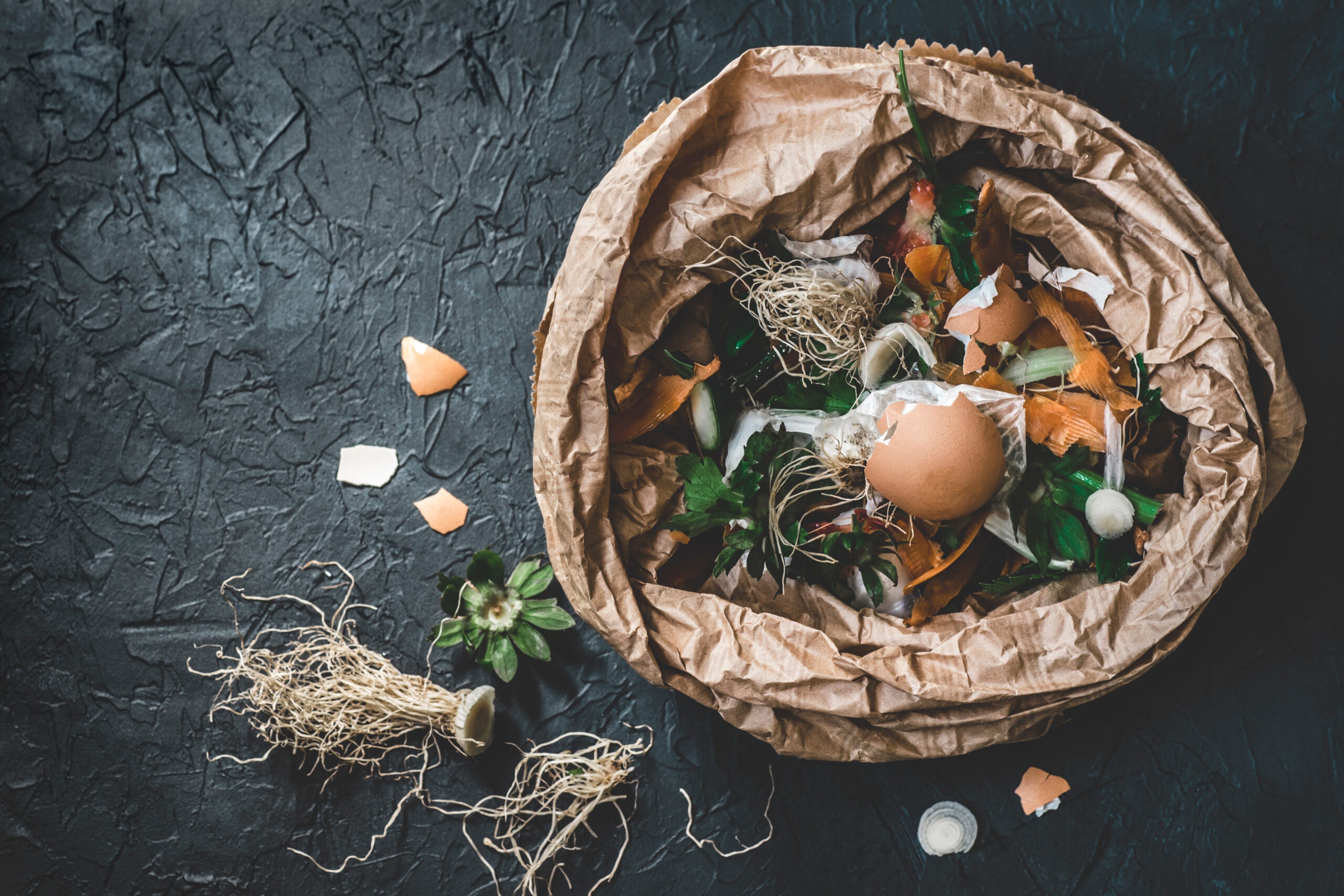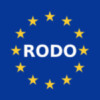The report ‘How to best collect bio-waste. Guidance for municipalities on the best performing methods to separately collect bio-waste’
The EU’s Waste Framework Directive requires all Member States to collect bio-waste separately from 1st January 2024 onwards. There is an urgent need to implement bio-waste collection systems across the EU, which could bring many economic, environmental and social benefits. With a required target of recycling 65% of municipal waste by 2035, EU member states know that they will only achieve this goal with an efficient collection system in place for bio-waste. Therefore, Member States must prioritise high-performing bio-waste collection models to achieve recycling targets.
The report ‘How to best collect bio-waste. Guidance for municipalities on the best performing methods to separately collect bio-waste’, developed by Zero Waste Europe, presents data on the performance of different collection systems for bio-waste from various European regions and municipalities. The analyses prove that door-to-door collection models for bio-waste provide the best results for the quantity and quality of material collected and are also the most efficient. The guidance document details also the key performance indicators for such systems and policy recommendations for municipalities seeking to implement such collection systems in their communities.
https://zerowastecities.eu/tools/how-to-best-collect-bio-waste/


